A revolutionary song for a nation amidst a ‘rising revolution’
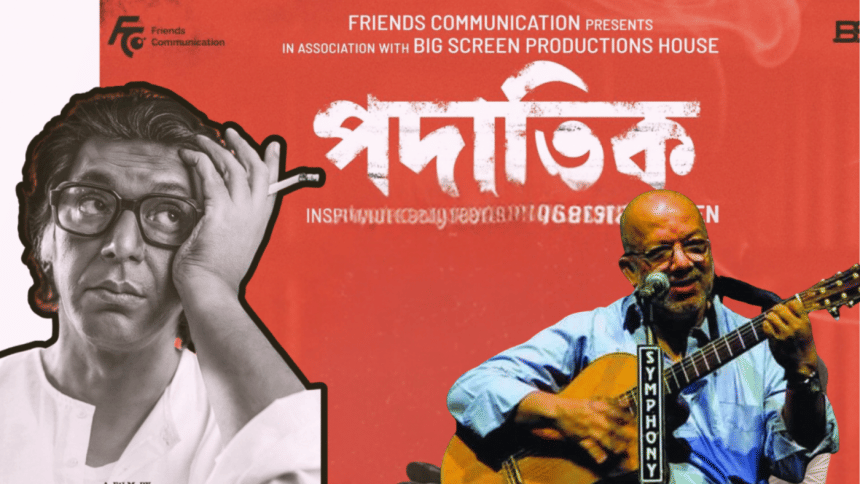
"Jawnotar hathe hathe tumi nishaner moto…Hather muthoy hou chitkar, Protibad joto…Chiro protibad hoye thako tumi amar borate,"
"In your hands, the house stands strong,
A flag of freedom, yet to be won.
Raise your fist, let voices soar,
Denounce the chains that came before.
You are the revolution's fire,
The spirit of a new desire.
In every heart, let justice ring,
For within you, the revolution sings."
These stirring lines from "Jawnotar Hathe Hathe," the second song from Srijit Mukherjee's highly anticipated film "Padatik", resonate with the current socio-political climate of Bangladesh.
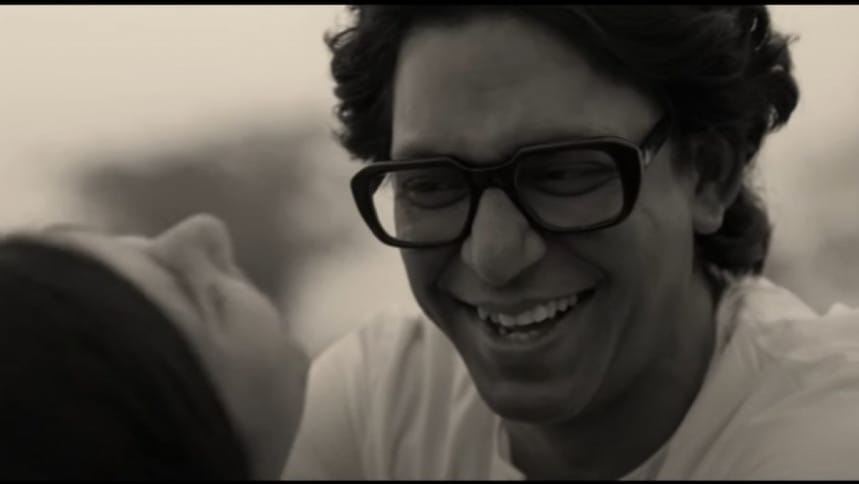
As the country grapples with the ongoing quota reform protests, now on its 14th day, this song serves as a poignant reminder of the power and spirit of resistance. The government's heavy-handed response to peaceful protests, marked by violence and oppressive crackdowns, draws unsettling parallels to the struggles faced by countless others in the pursuit of justice and equality.

"Padatik" delves into the life of the legendary filmmaker Mrinal Sen, focusing on his journey from an idealistic youth to a pivotal figure in Indian New Wave cinema. Set against the backdrop of India's independence in the 1950s, the film explores Sen's contributions to cinema and his role in articulating the complexities of social and political realities.
Chanchal Chowdhury, one of Bangladesh's most esteemed actors, brings Mrinal Sen to life on screen, capturing the essence of a man deeply committed to the art of storytelling.
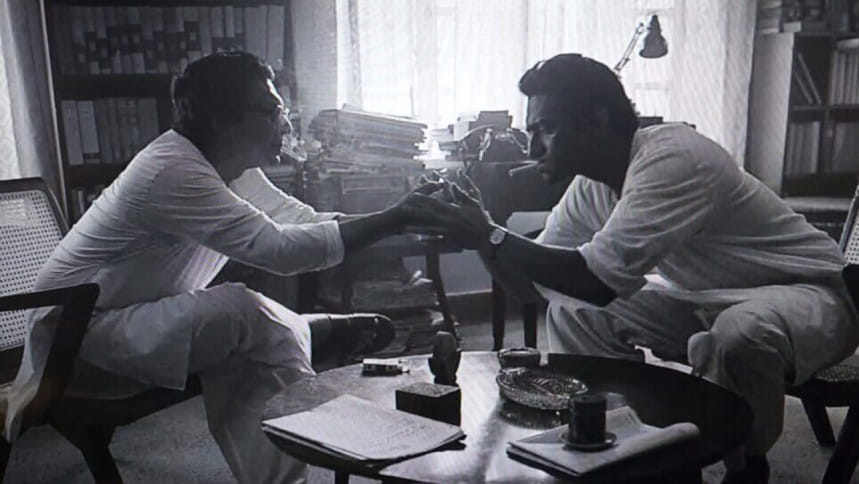
Directed by Srijit Mukherjee, Padatik has garnered significant attention, particularly for Chowdhury's remarkable transformation into Sen. The film's teaser and soundtrack have already set a unique tone, with audiences eagerly awaiting its release.
Last month, the film's first song, "Tu Zinda Hai," featured the powerful voices of Sonu Nigam and Arijit Singh, marking their first collaboration. Composed by Salil Chowdhury and written by Shailendra, the song encapsulates the resilience and vitality of life, echoing the sentiments of a generation striving for change.
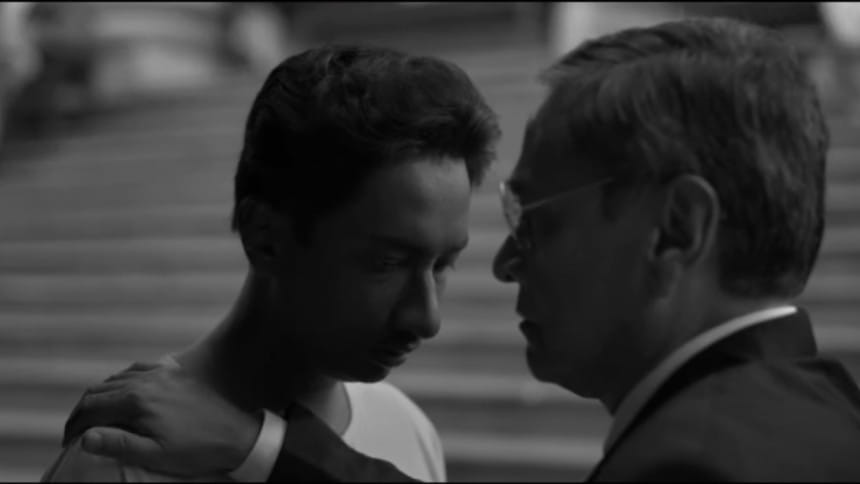
On July 29, the second song, "Jawnotar Hathe Hathe," was released. Sung by the iconic Kabir Sumon, who also composed and wrote the track, the song is delivered in Sumon's inimitable style, complete with his signature harmonium accompaniment.
In a poignant reflection, Mukherjee shared, "A decade after 'Jaatishwar', Kabir Sumon returns with another song for our film." The 2014 film "Jaatishwar" marked a significant collaboration between Mukherjee and Sumon, making this reunion all the more meaningful.
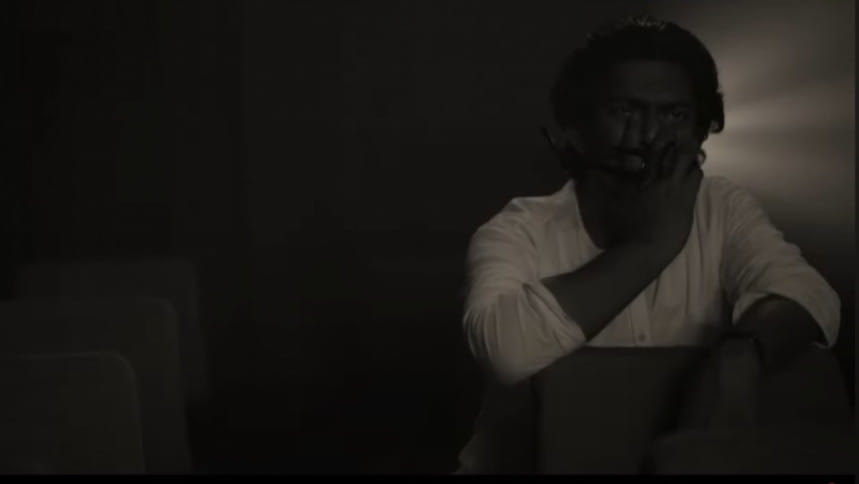
Scheduled for release on August 15, "Padatik" coincides with India's Independence Day, symbolically aligning with themes of freedom and resistance. The film will be simultaneously released in West Bengal and Bangladesh, bridging cultural narratives and shared histories.
Produced by Friends Communication, "Padatik" showcases Chanchal Chowdhury in dual roles, portraying both the young and old Mrinal Sen. The film also features Korok Samanta as the young Sen, Monami Ghosh as Sen's wife Geeta, and Samrat Chakrabarti as their son Kunal.
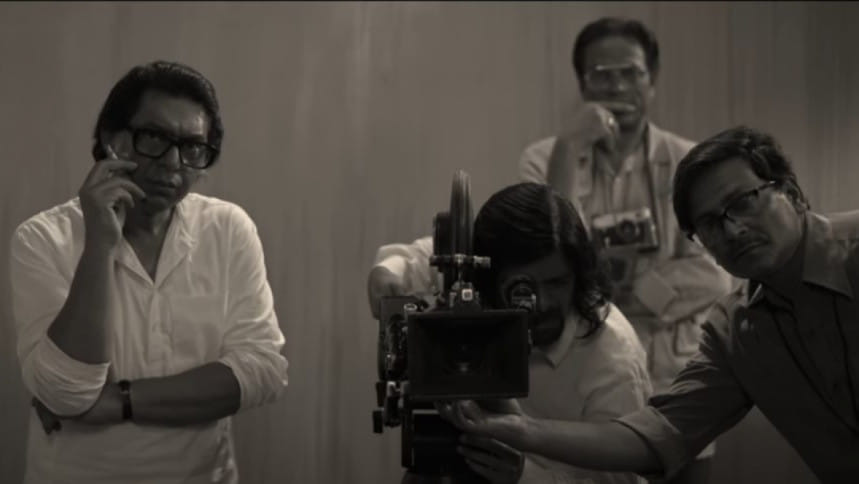
The release of "Padatik" and its evocative soundtrack comes at a time when the spirit of revolution is palpable in Bangladesh. The Student Against Discrimination (SAD) Movement, centring on quota reform, has seen students and citizens alike standing against systemic injustice, despite facing severe repression.
In this context, "Padatik" and its music serve as a powerful cultural expression, reminding us of the enduring power of art to inspire and provoke change.
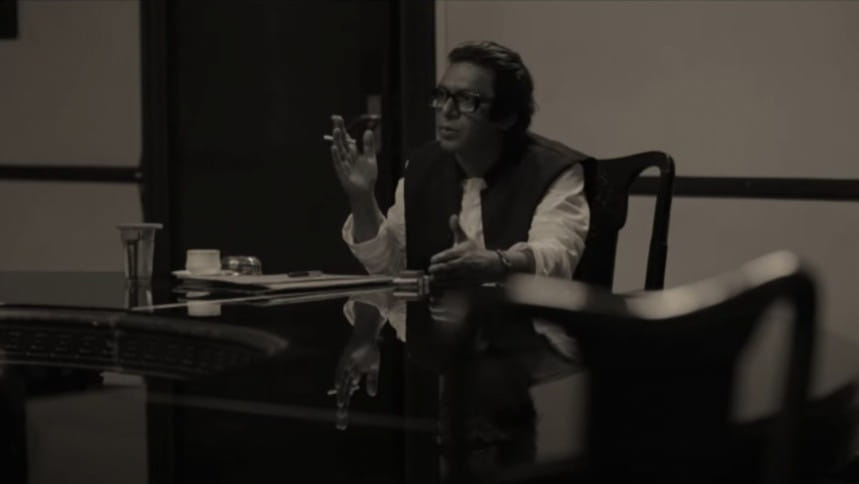
The film not only commemorates Mrinal Sen's legacy but also reflects the ongoing struggles of those who dare to challenge the status quo. As we witness the unfolding events in Bangladesh, "Padatik's" "Jawnotar Hathe Hathe" stands as a testament to the resilience of the human spirit and the unyielding quest for justice.
In a world where voices of dissent are often silenced, Kabir Sumon's music remind us that the revolution begins within us, carried forth by the power of our convictions and the strength of our collective voice.

 For all latest news, follow The Daily Star's Google News channel.
For all latest news, follow The Daily Star's Google News channel. 










Comments